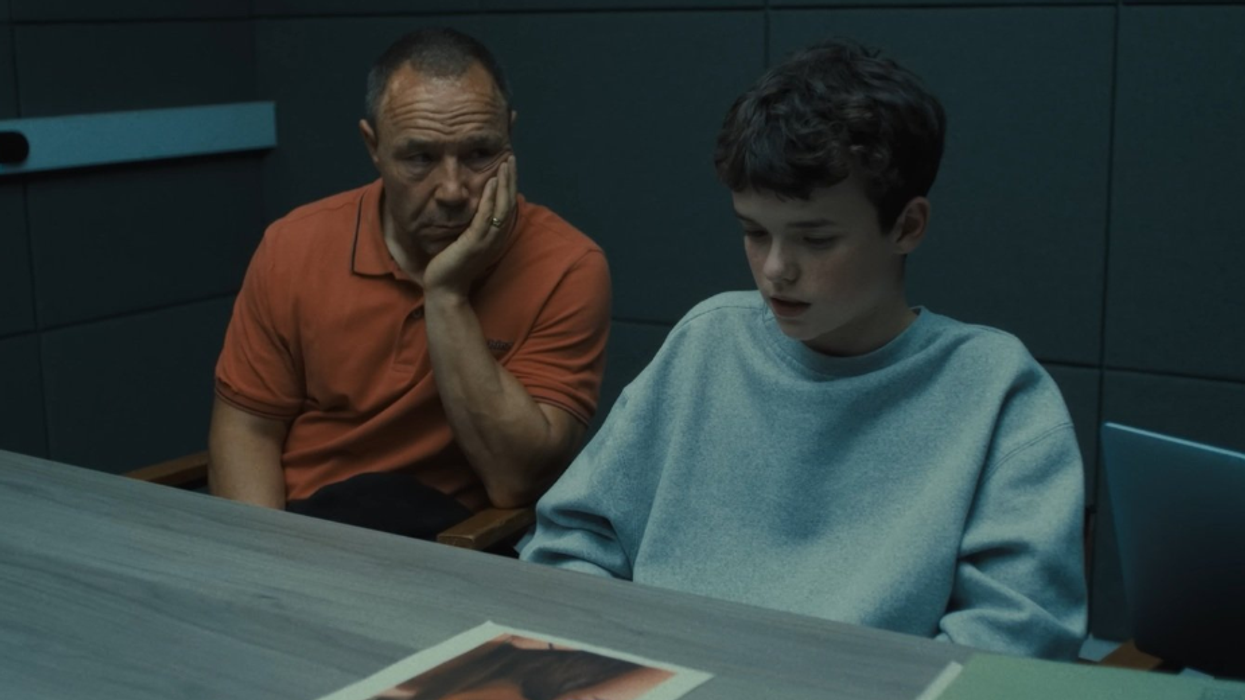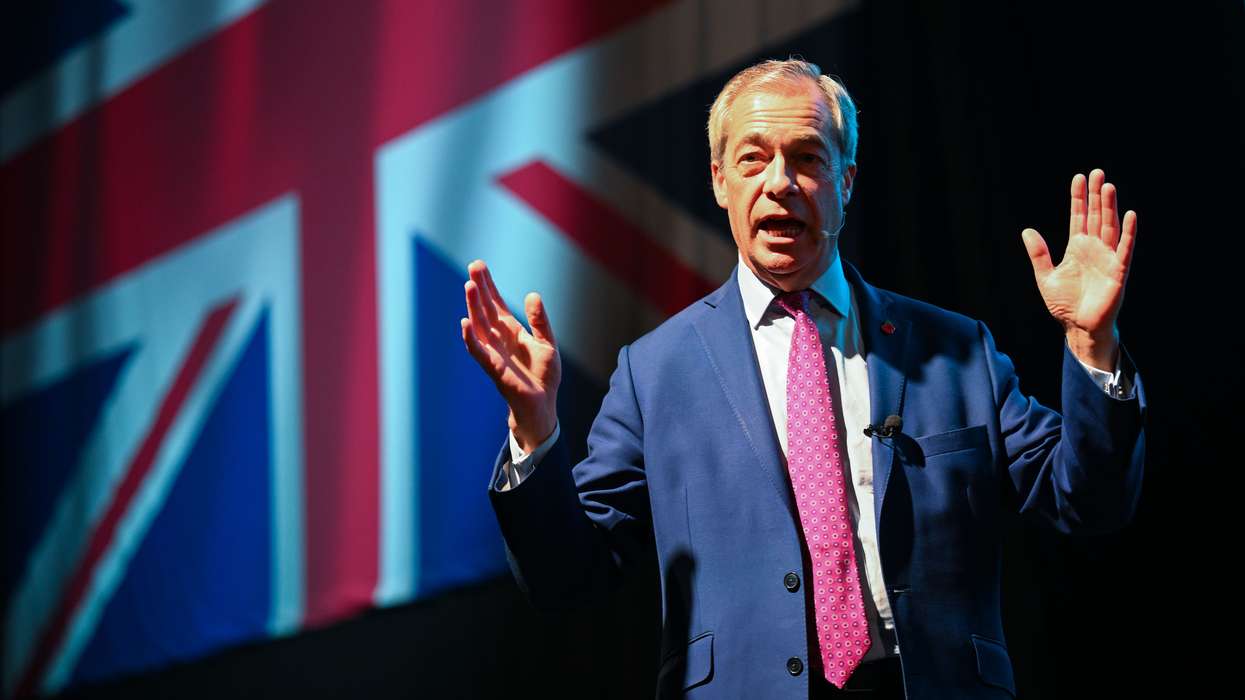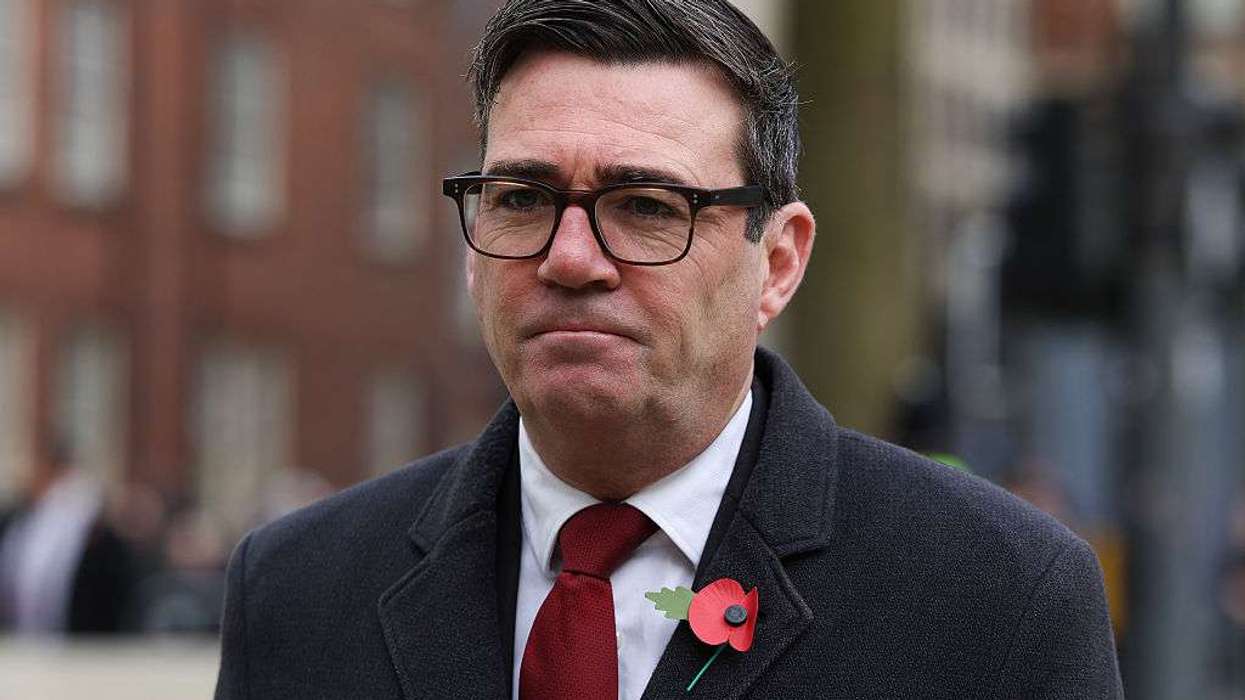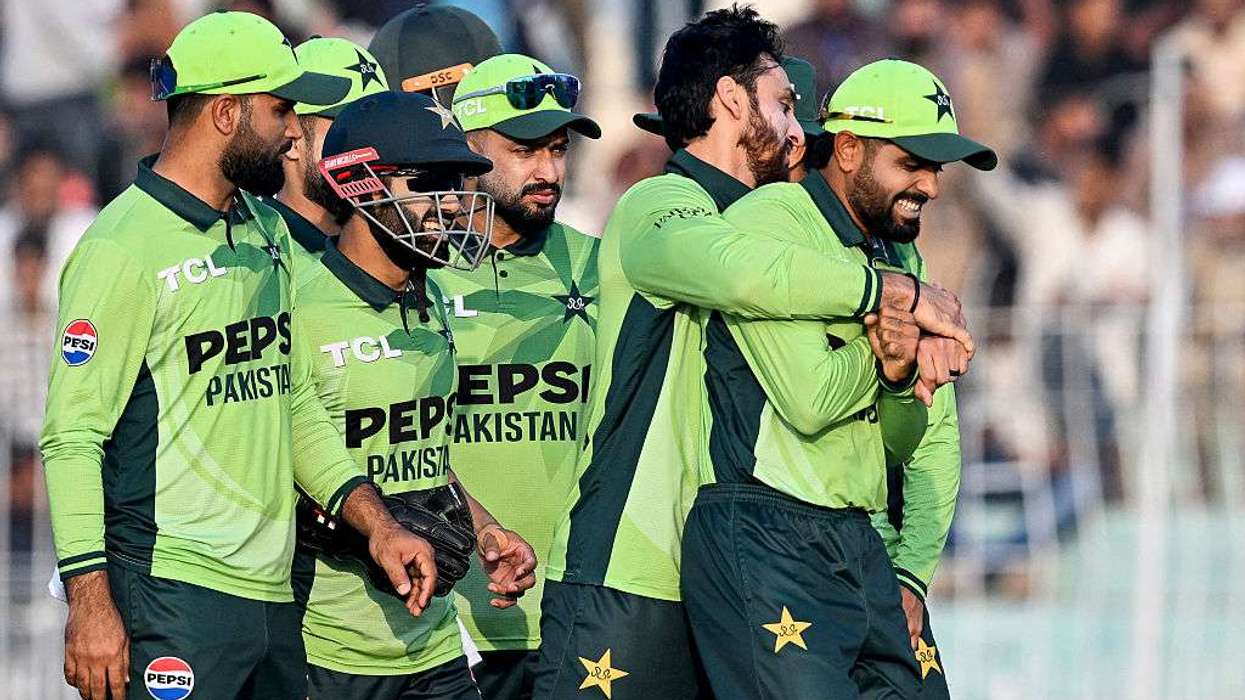Armed police smash down the front door to charge a 13-year-old boy in his bedroom as a murder suspect. The powerful Netflix fictional drama, Adolescence, has started conversations around Britain. Prime minister, Sir Keir Starmer, said he watched it with his teenage children – and is positive about the idea of screening the drama in schools.
Six and a half million British viewers saw it in its opening week, making it the most streamed TV drama in this country so far. In the Katwala household, as perhaps in many others, the parents and the teenagers watched the programme, separately, though we talked about it over the dinner table. I overheard it being talked about on the train into work too.
Different generations may take different things from the show’s portrayal of the challenges of navigating adolescence – in the classroom, and online – and the anxiety and fear of being a parent, not knowing how safe teenage children are even when they are at home in their room. Co-writer Jack Thorne said it is not a ‘whodunnit’, but a ‘whydunnit’. There will be different kinds of conversations about Adolescence. Some more constructive than others.
My 19-year-old daughter wondered if the emotional portrayal of the impact on the perpetrator and his family risked leaving the victim too much on the margins of our attention. Twitter owner Elon Musk characteristically chose to fan a false grievance that the programme was inspired by the Southport murder – but changed the race of the perpetrator. Meanwhile, YouGov found that Musk’s unpopularity in Britain is plumbing new depths.
Former England manager Gareth Southgate’s thoughtful Dimbleby Lecture did not name names with his warning about the “callous, manipulative and toxic influencers” who fill a vacuum with warped ideas of what it is to be a man. His core theme concerned how else we might start to fill that vacuum. He used his personal narrative arc, of penalty kicks missed and scored, to talk about how to support young people to learn from failure. "I care deeply and equally about the plight of young women,” Southgate said, while noting that he felt particularly qualified to talk about how to help boys become healthy young men.
There was nothing deeply revelatory in Southgate’s nuanced exploration of the challenge. Its constructive impact may be to normalise and entrench a common-sense position: that we can pay more attention to the support that boys and young men need to survive and thrive, without that becoming a tug-of-war of competing grievances about the needs to girls and women.
How young men grow up matters to women too. This was a theme of last month’s Fawcett Society future of feminism conference, at which outgoing CEO Jemima Olchawski invited me to take part as the ‘male ally’ on a panel discussing populism, including how gender polarisation can drive it. There is a natural frustration in having to navigate ‘backlash’ politics – not only in its crudest Trumpian form in the online manosphere – when gradual progress across generations still puts women closer to a 40 per cent share of voice and power than a 50-50 split. There is often a starkly unequal experience of public space, especially online. Feminists have an interest in men stepping up when it comes to positive role models of masculinity – rather than giving one more task to the women’s movement in its quest for a fairer society – while having a voice, not just as parents, but in wider society, about how all of that fits together.
Unchecked, social media culture will exacerbate the dangers. A new development in the landmark case of Stephen Lawrence was a reminder not to see it as a sole cause. The Lawrence case, in its pre-social-media era, sparked conversations as rarely before across middle England about race and injustice. David Norris was a 16-year-old when he was part of the gang of five or six racist youths who murdered the black teenager in Eltham in 1993. The botched police investigation meant it took until 2012 for forensics to convict Norris who, having served a dozen years, can now seek parole. He now admits being at the scene, though not yet to the racial motive. “If he admits it, and names the other people, then I could accept him coming out,” said Neville Lawrence, in a dignified response.
The parole hearing will be held in public – despite Norris’s lawyers saying he may not give “his best evidence” on the record. Peer pressure can last decades. A key passage of the Macpherson report on Stephen Lawrence’s murder and the police investigation, published in 1999, spoke of a whole-of-society challenge to prevent the minds of future generations becoming so violently and maliciously prejudiced. In the quarter-century since, while the role of technology shifts dramatically, and the targets for anger and hatred often fluctuate, that core challenge still remains.
(Sunder Katwala is the director of British Future)




